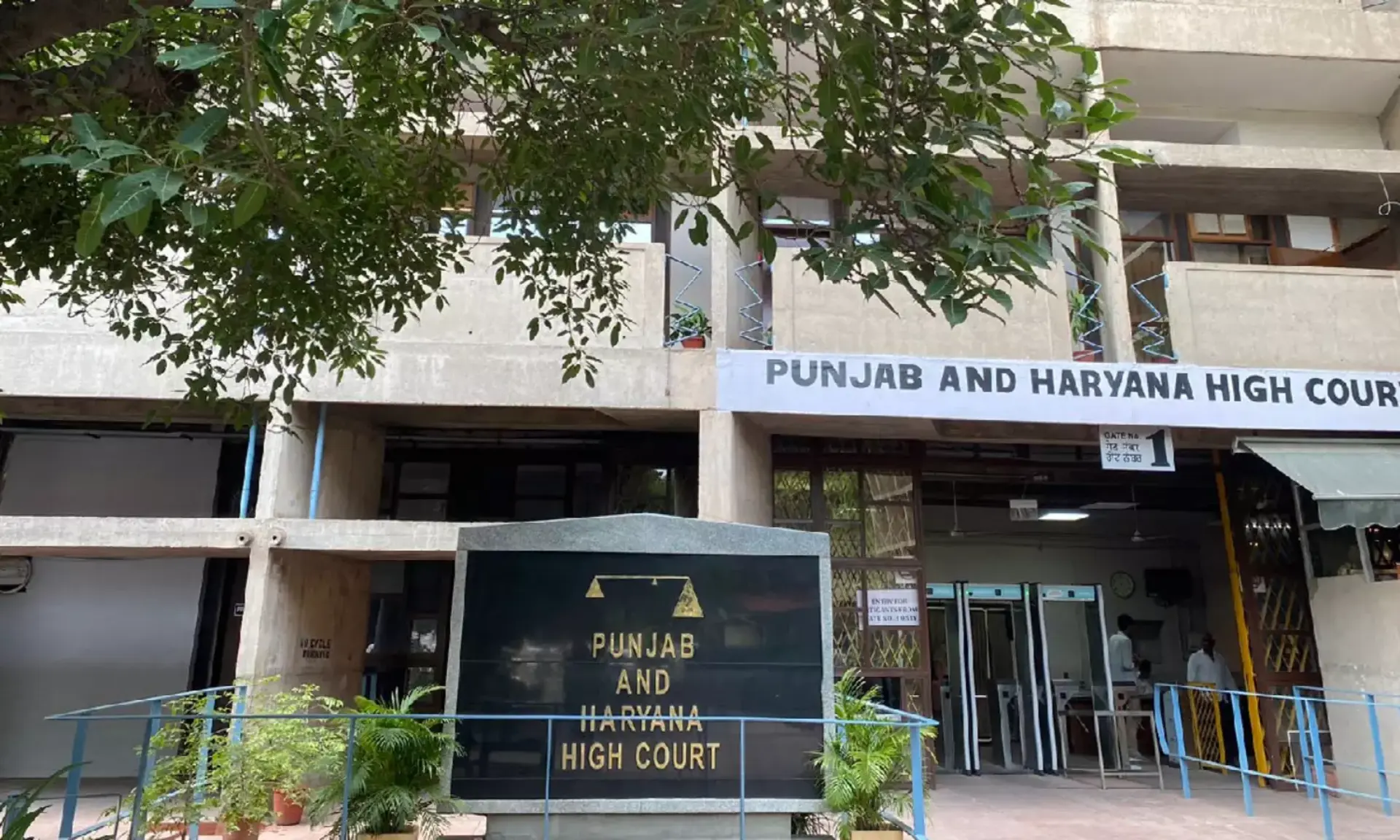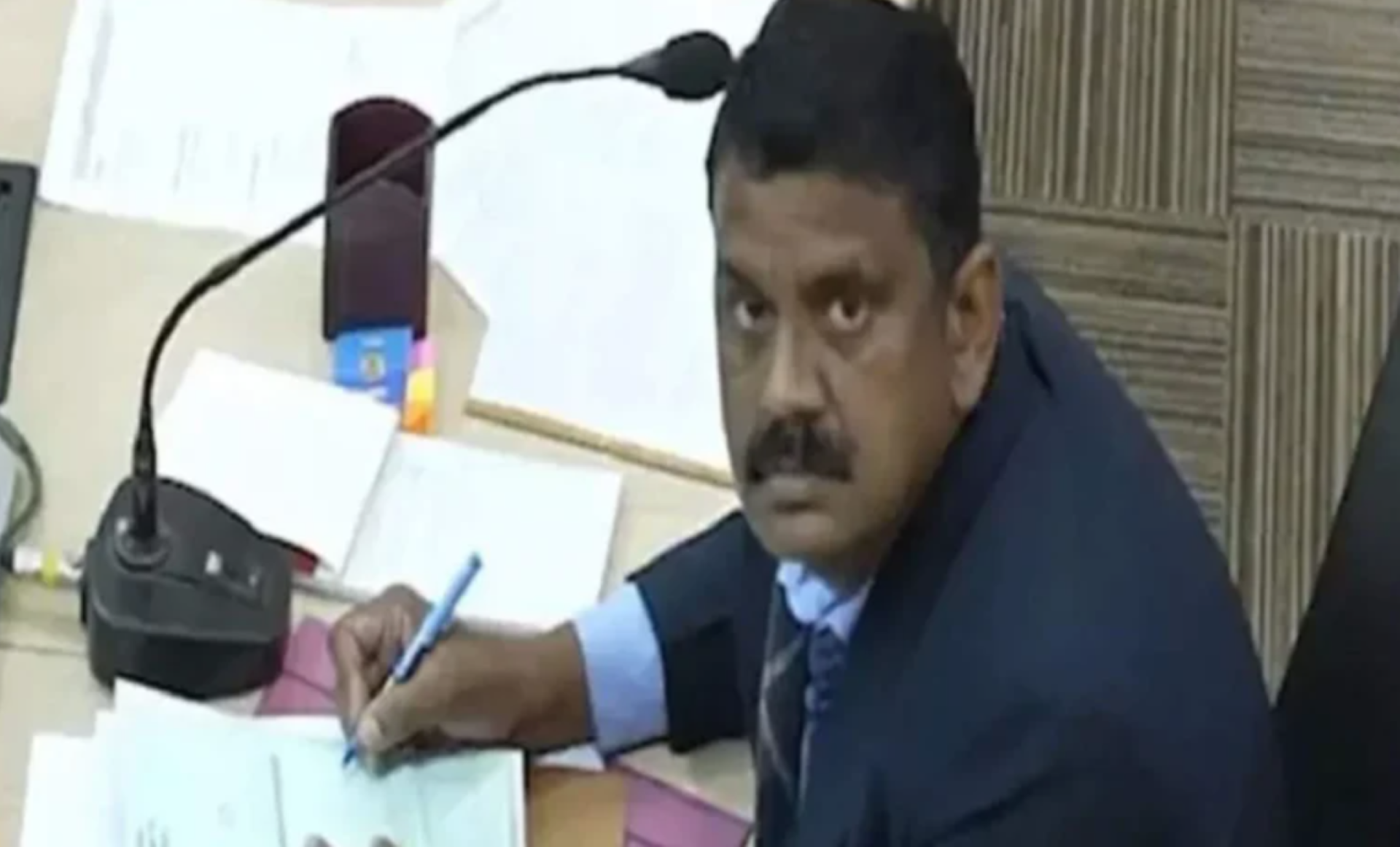
In a recent development, Anil Masih, the election officer for Chandigarh, has issued an unconditional apology to the Supreme Court regarding his actions during the mayoral election held on January 30. Masih, who has been accused of irregularities, presented his apology before Chief Justice Dipak Misra on Friday, April 5.
His senior counsel, Mukul Rohatgi, expressed Masih's willingness to withdraw the previous affidavit and address the accusations of tampering with votes during the election. Masih faces allegations of disenfranchisement and was served a notice of contempt during the Supreme Court hearing.
The current Mayor of Chandigarh, Kuldeep Kumar, had filed a petition in February accusing Anil Masih of intentionally invalidating votes cast in his favour during the election. Kumar provided video evidence in court to support his claim. Masih defended his actions by stating that he only marked votes that were already invalid, thereby denying any wrongdoing.
However, the court found evidence indicating that the votes were indeed tampered with by the election officer. Consequently, Masih was issued a notice under Section 370 of the criminal code. Responding to the allegations, Anil Masih cited health issues as a reason for his actions during the court proceedings. He claimed to have been under the influence of strong medication from the Chandigarh PGIMER hospital, which led to a lapse in judgement.
The mayoral election in Chandigarh witnessed a total of 16 votes in favour of the BJP, including votes from BJP councillors and an Akali Dal councillor, while 20 votes went to the India Alliance, comprising AAP and Congress councillors. Masih invalidated eight votes belonging to the India Alliance, tipping the scales in favour of the BJP.
The Supreme Court scrutinised footage showing Masih marking votes in front of a camera, raising questions about the validity of the process. The case sheds light on electoral misconduct and the need for transparency in democratic procedures.












